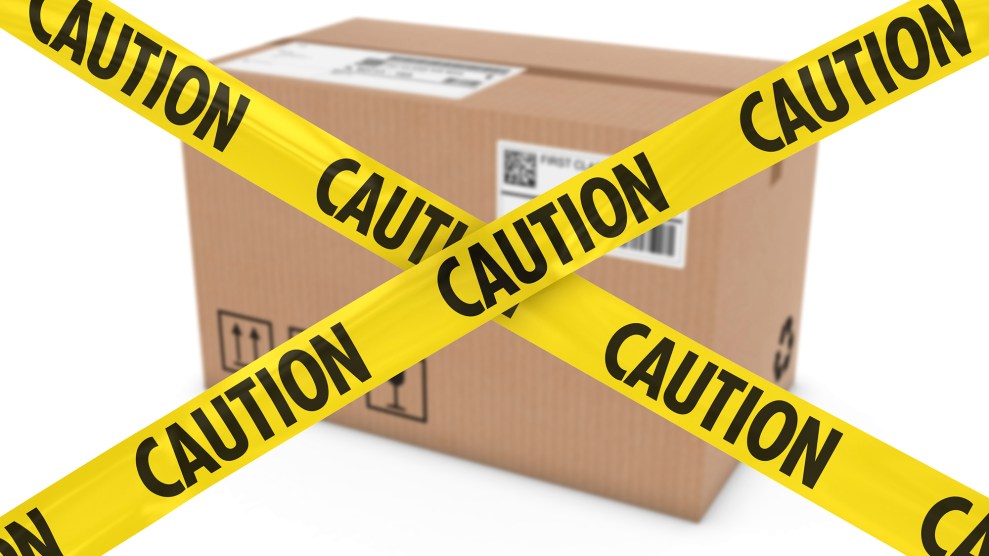Soylent.com Homepage Video from Soylent on Vimeo.
Soylent is Silicon Valley’s bluntest and blandest attempt to “disrupt the food industry.” The company’s flagship beige goo (to use New Yorker writer Lizzie Widdicombe’s apt phrase) demonstrates that “food really is made of chemicals; it is reducible, we can build it back up; we can change it, and we can make it better,” Rob Rhinehart, the company’s founder, insists in the above video. But now Soylent has been forced to admit that cracking the mysteries of human nutrition might be trickier than Rhinehart knew when that video was released in 2014.
It all started in mid-October, when Soylent found itself disrupted by an age-old food industry scourge: a food safety scare. The company acknowledged that some of its customers had “experienced gastrointestinal issues after consuming Soylent Bars”—a delicate way to describe those complaints. To its credit, the meal-replacement upstart quickly recalled those bars. Two weeks later, it stopped sales of one of its just-add-water beverage mixes, Soylent 1.6, after revealing it caused “stomach-related symptoms that are consistent with what our Bar customers described” for a “handful of consumers (less than 0.1%).”
And now, Bloomberg reports, Soylent thinks it has found the culprit: a novel ingredient called algal flour, found both in the bars and the 1.6 powder. Soylent founder Rhinehart told Bloomberg that the company would release reformulated versions of both products without algal flour early next year.
The announcement did not please Soylent’s supplier of the stuff, TerraVia. Here’s Bloomberg:
Mark Brooks, a senior vice president at TerraVia, said whole algal flour is safe and that Soylent products contain several known irritants, such as soy protein isolate and glycerin, that can cause symptoms similar to those reported by the startup’s customers. “Our algal flour has been used in more than 20 million servings of products, and we are aware of very few adverse reactions. In no cases was algal flour identified as the cause,” he wrote in an e-mail.
So here we have two tech companies squabbling and pointing fingers over which firm’s products caused people some rather unpleasant “gastrointestinal issues.”
The idea that food is just a bunch of chemicals that can be isolated, mashed together, and fed to people with desirable results is an extreme version of what the Australian scholar Georgy Scrinis has called “nutritionism.” In his book In Defense of Food, Michael Pollan argued forcefully that nutritionism is nonsense—that nutrients in food work synergistically, in ways we don’t fully understand, and that health-giving food is not, in fact, “reducible” to a set of compounds.
But who knows, maybe Rhinehart is right—maybe he’ll tweak the Soylent formula, get it right, and his users will thrive. In the meantime, I’m still marveling that as recently as March this year, TerraVia was known as Solazyme, a firm focused for the previous decade on “paving a path to make biofuels from algae oil,” reports Fortune. The company has “finally given up on its biofuel ambitions in a world of ultra cheap petroleum-based oil,” Fortune adds. Solazyme abandoned car fuel for people fuel, changing its name to signal the transformation. Now, TerraVia declares, its “algae-based platform is poised to transform our food system by bringing together better nutrition and great taste.” What could possibly go wrong?













